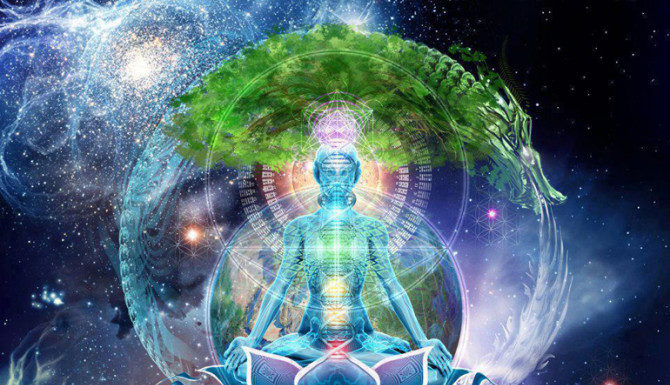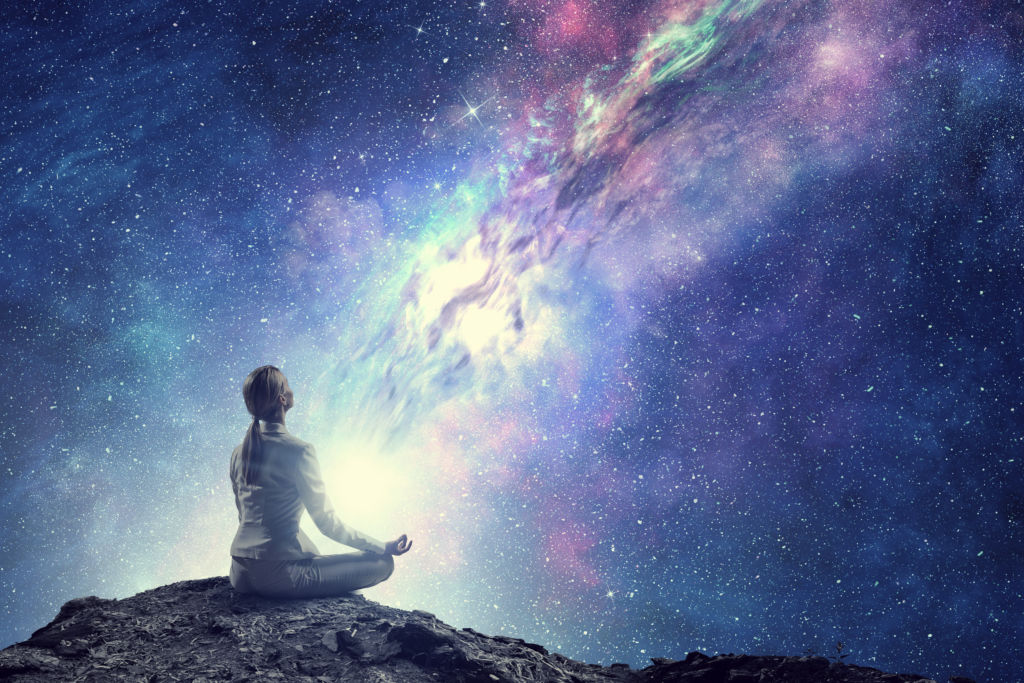I had a disturbing talk with a prominent, putative philosopher in Europe last week on Zoom. A very smart man, he stated an opinion as fact as our conversation concluded, leaving no room for inquiry. “It’s not about enlightenment,” he pronounced, “it’s about renaissance.” Really?
A renaissance implies that past flowerings of human creativity are applicable to the present global crisis. They are not. Whether a new human being emerges now or in the future, there will be no more renaissances.
The word ‘renaissance’ comes from the French, “rebirth.” Of course, “The Renaissance” refers to the “period in European civilization immediately following the Middle Ages and conventionally held to have been characterized by a surge of interest in Classical scholarship and values.”

There is no historical analogy for the present age. Talk about the Earth as macrocosm of the deforestation and devastation in indigenous times on Easter Island all you want, humankind has never faced anything like the total challenge we now face at every level.
Logically, a renaissance is inherently inadequate to meeting an unprecedented challenge. The present crisis of humankind is unprecedented, and therefore a rebirth will not suffice and does not apply.
In one sense, every age contains parallels with previous ages. Then what makes this age so different?
It isn’t just the scale of the ecological, social, political and spiritual crisis facing humankind today, but the nature of the challenge that makes it different than anything humanity has faced before.
It is the fact that “No matter where you are physically, you are also elsewhere,” as outcast Edward Snowden says in his memoir “Permanent Record.” “The records of a life lived in Geneva dwell in the Beltway . . . The videos of a funeral in Varanasi are up on Apple’s iCloud…our data wanders endlessly.”
In this at once hyper-connected and increasingly fragmented global society, our identities are synonymous with our online data. Fabricate any online persona you can conjure, your data leaves a trail that traces and predicts your path in life, defining who you are by what you buy and what ‘likes’ you click.
Scale is overrated, though the global scale scares the bejesus out of the vast majority of people, and fear propels them into nationalistic or localistic reactions. Academics blithely reach back into history, and some, like this European philosopher, call for a renaissance.
Tellingly, he has started something called the “Socratic Design Institute,” which seems to have more to do with the late overate Stephen Hawking than with Socrates.
The ‘Academy,’ which is marketed with a zeal that once held great appeal to Americans, purports to bring about miraculous results through a compulsory system of dialogue that develops “collective intelligence” within three days.
There is no such thing as human “collective intelligence.” There are only individuals (undivided human beings) awakening intelligence within, and then thinking together.
Using the language while eschewing the spirit of the late physicist-philosopher David Bohm, I gave this fellow the benefit of the doubt (a mistake in these times) until he said: “Philosophers don’t philosophize; they get others to philosophize.” Suddenly I saw this was just another TED talk shtick.
A core precept of this fellow’s philosophy is that “on our own we are utterly forceless against our core conditioning, unseen assumptions and underlying cultural narratives,” and that “we need force and strength of others to be able to see them.” That’s false, and a prescription for groupthink, not insight.
We’re living in the sum of all dark ages, with consumerism, technology, pharma and propaganda developed to such a degree that the vast majority of people are comfortably, even gratefully dead. Except that people need more and more stimulation to escape from personal and collective misery.
So given that the present pickle is qualitatively different than any crisis humans have generated before, what would an adequate response look like?

Consciousness we know has two aspects—an increase in knowledge, which has become explosive in recent decades; and an accumulation of psychological memory and residual emotion, which have produced tribalistic and nationalistic reactions in recent years.
The awakening of insight, which is always of the moment, opens the door to a completely different order of consciousness. Though this pathless path is difficult, it leads to ‘enlightenment’ in the individual. And if even one tenth of one percent of individuals awaken and begin the journey of illumination, it would ignite a creative explosion in human consciousness.
We don’t need another renaissance; we need a true Age of Enlightenment. Is that possible at this juncture? Or is our age doomed?
Martin LeFevre
Lefevremartin77 at gmail.com

